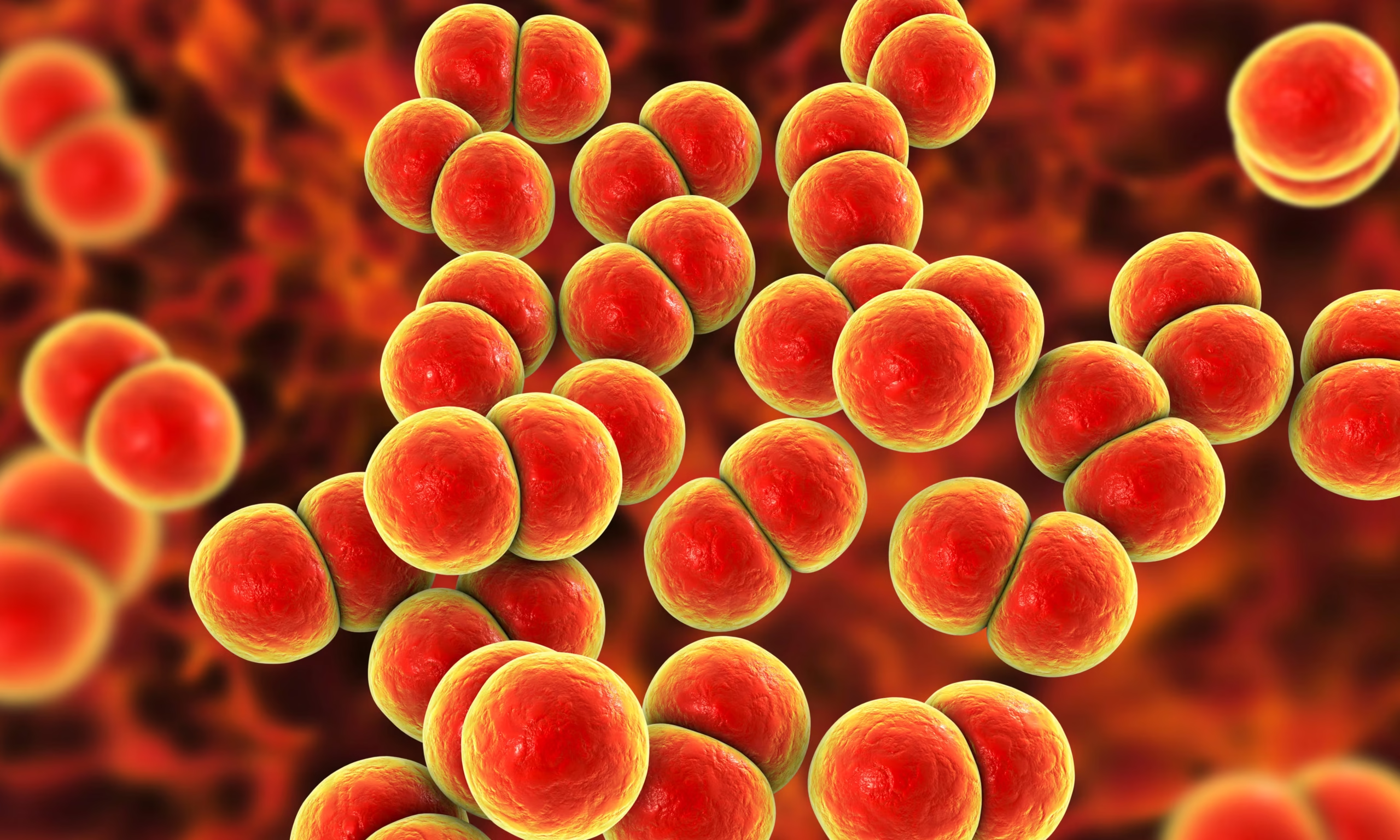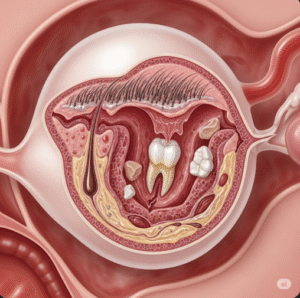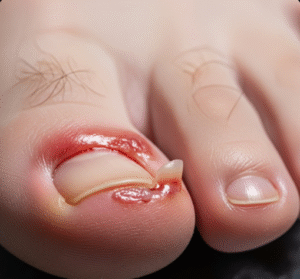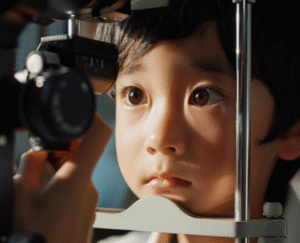Overview
Sexually transmitted infections (STIs), also called sexually transmitted diseases (STDs), are infections that are primarily spread through sexual contact. In Korea, while the prevalence of STIs is lower than in some other countries due to social norms and healthcare access, cases are rising, especially among younger and older adults due to changing sexual behaviors and lack of awareness.
What are STIs?
STIs are infections caused by bacteria, viruses, or parasites that are transmitted through vaginal, anal, or oral sex. Common STIs include chlamydia, gonorrhea, syphilis, HIV, HPV, herpes simplex virus (HSV), and trichomoniasis. Some STIs can be asymptomatic and go unnoticed, leading to long-term health complications.
Symptoms
Symptoms vary depending on the infection and can differ between men and women. Common signs include:
- Unusual genital discharge (from penis or vagina)
- Pain or burning during urination
- Genital sores, ulcers, or warts
- Itching or irritation in the genital area
- Pain during sex
- Lower abdominal pain
- Flu-like symptoms in early HIV or herpes
- Rectal pain or discharge (with anal STIs)
Some STIs, such as HPV and chlamydia, may show no symptoms for a long time.
Causes
- Unprotected vaginal, anal, or oral sex
- Multiple sexual partners
- Sharing needles (in the case of HIV or hepatitis B/C)
- Transmission from mother to baby during childbirth
- Blood transfusion with infected blood (rare due to modern screening)
Risk Factors
- Engaging in unprotected sex
- Having multiple or anonymous sexual partners
- Having another STI (which increases risk of co-infection)
- Men who have sex with men (MSM)
- Adolescents and young adults
- Poor sexual health education
- Stigma or fear preventing access to testing
Complications
If left untreated, STIs can lead to:
- Infertility (especially in women)
- Pelvic inflammatory disease (PID)
- Ectopic pregnancy
- Cervical cancer (from HPV)
- HIV/AIDS progression
- Chronic pain
- Psychological distress and relationship issues
- Mother-to-child transmission causing neonatal complications
Prevention
- Use of condoms and dental dams during all sexual activity
- Regular STI screening and testing, even when asymptomatic
- Monogamous relationships with STI-tested partners
- HPV and hepatitis B vaccination
- Avoiding risky behaviors like sharing needles
- Public awareness and sex education
In Korea, STI education is improving, especially among youth, and free or low-cost testing is available in many public clinics.
Treatment Options in Korea
Korea provides modern, discreet, and effective STI care through both public health centers and private hospitals:
- Diagnosis:
- Blood tests, urine tests, and swabs for accurate detection
- Rapid HIV testing in public health centers
- Anonymous testing available in some clinics
- Treatment:
- Antibiotics for bacterial STIs like gonorrhea, chlamydia, and syphilis
- Antiviral medications for herpes and HIV (lifelong treatment for HIV)
- Cryotherapy or surgical removal of genital warts from HPV
- Counseling and partner notification support services
Leading facilities in STI treatment include:
- Korea Centers for Disease Control and Prevention (KCDC)
- Seoul Medical Center
- National Medical Center
- Public health centers in each district













